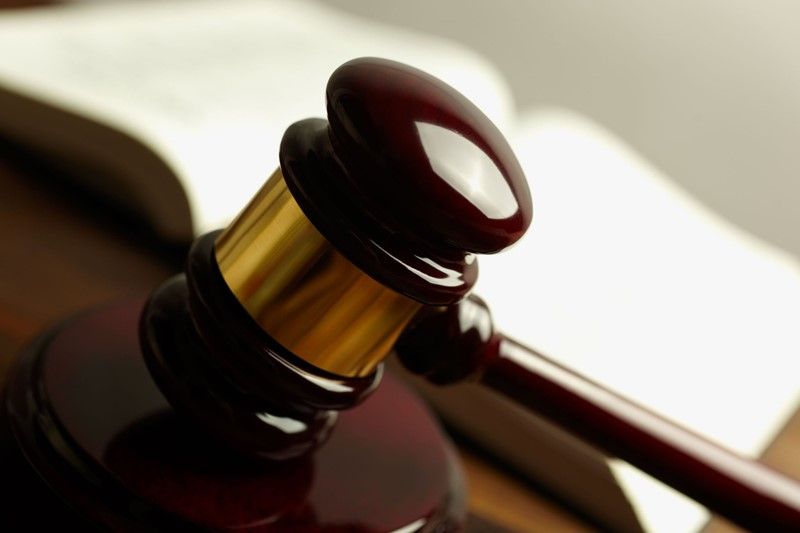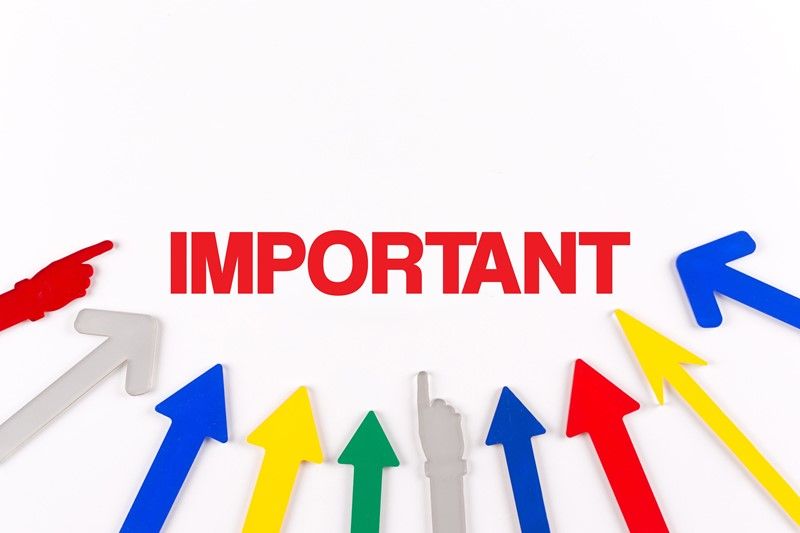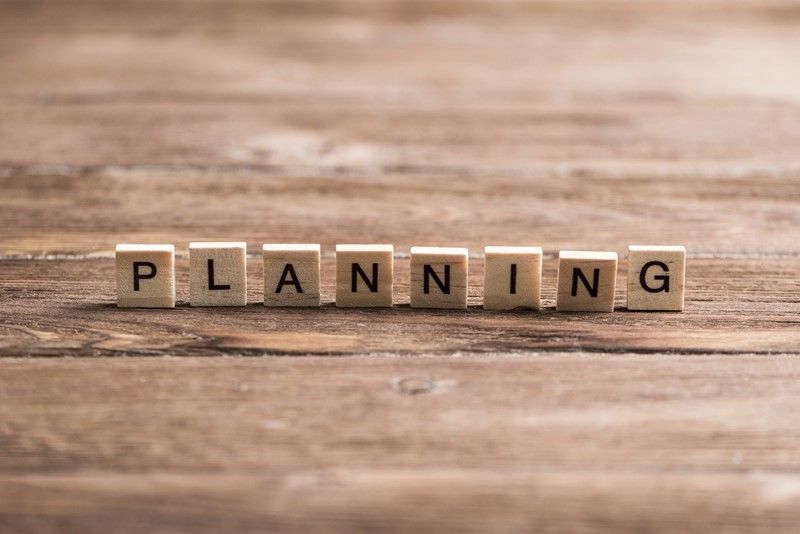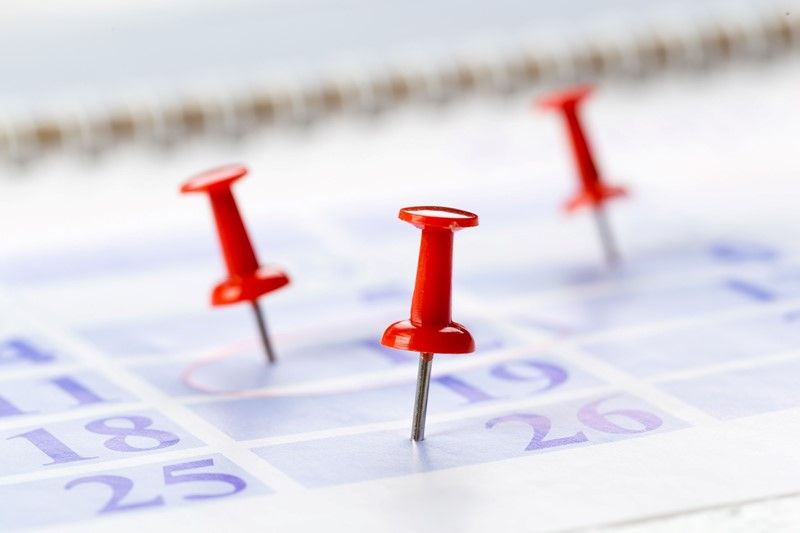Do not forget to claim the marriage allowance
If one partner in a marriage or civil partnership earns under £12,570, you could save up to £252 a year, and up to £1,260 if you backdate your Marriage Allowance claim for the past four years.
The Marriage Allowance can be claimed by married couples and civil partners where one partner does not pay tax or does not pay tax above the basic rate threshold for Income Tax (i.e., one partner must earn less than the £12,570 personal allowance for 2025-26).
If claimed, the lower-earning partner can transfer up to £1,260 of their unused personal tax-free allowance to their spouse or civil partner. The transfer can only be made if the recipient (the higher-earning partner) is taxed at the basic 20% rate, which typically means they have an income between £12,571 and £50,270. For those living in Scotland, this would usually apply to an income between £12,571 and £43,662.
By using the allowance, the lower-earning partner can transfer up to £1,260 of their unused personal allowance, which could result in an annual tax saving of up to £252 for the recipient (20% of £1,260).
If you meet the eligibility criteria and have not yet claimed the allowance, you can backdate your claim for up to four years. This could provide a total tax saving of up to £1,260 and would include the tax years 2021-22, 2022-23, 2023-24, 2024-25 and the current 2025-26 tax year. Applications for the allowance can be submitted online at GOV.UK.




